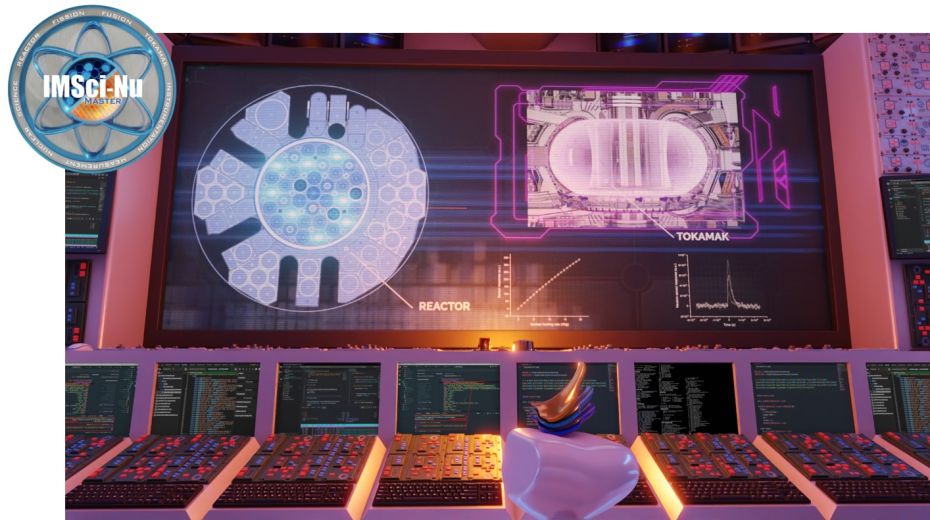
The IMM master's degree is part of the Filière Instrumentation, a training program created in 1985 that brings together more than 150 students per year.
Several tracks including a new international track in the field of nuclear energy (fission and fusion)
This master's degree offers five courses to meet the needs of research, R&D and industry:
- Industrial Instrumentation Engineering (3I)
- Instrumentation of Test Facilities (IME) in co-accreditation with the CEA and INSTN
- Micro Sensors and Detection Systems (MSD)
- Commercialization in Scientific Instrumentation (CIS)
- Instrumentation and Measurement Science for major Nuclear research facilities (IMSci-Nu) (scheduled to open in October 2022)
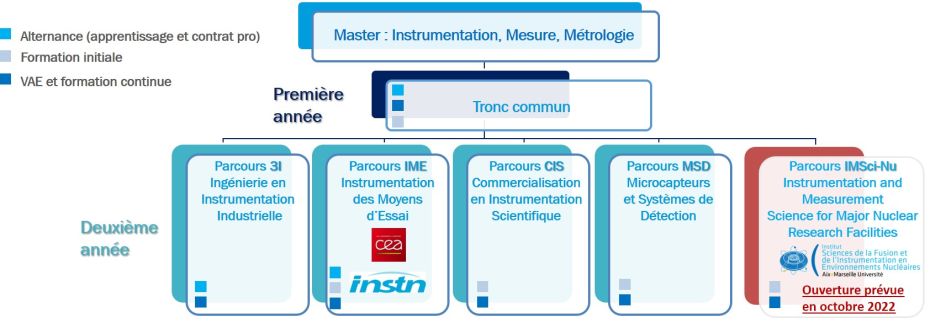
The Instrumentation of Test Facilities (IME) program created in 2004 and the new international program Instrumentation and Measurement Science for major Nuclear research facilities (IMSci-Nu), are fully in line with the thematic perimeter of ISFIN's activities.
Specific strengths of the first year of the IMM Master's program
- Common core of 575 hours of teaching
- Several possibilities to follow the training :
- training at the university followed by an internship in industry, academia or R&D
- training with an apprenticeship or professionalization contract alternating courses with an activity in a company or a research unit (university laboratory, research center, research organization, etc.)
- Continuing education and validation of acquired experience (VAE) for employees or people returning to school
- An introduction to research module in conjunction with the LIMMEX laboratory (joint laboratory between the CEA, AMU and CNRS on nuclear instrumentation) and with educational visits
- The possibility (upon selection) of a short international mobility (MOBIL-APP) with partners in the nuclear field: Nuclear Reactor Laboratory of MIT, European nuclear centers (SCK-CEN, NCBJ, JSI), Moroccan nuclear center CNESTEN
- Skills developed through laboratory or company activities in internships or work-study programs
For more information, download the documents in the area on the right or visit the website
The specific strengths of the new IMSci-Nu international program
- Numerous international and national partners with major research facilities and recognized expertise in the fields of nuclear fission and fusion
- 1 year of training with 340 hours of teaching entirely in English
- A complete program with
- high-level courses
- Seminars given by renowned scientists and experts, including international ones: IMSci-Nu school,
- research projects in connection with the laboratories involved in ISFIN,
- visits to facilities (in person and remotely) in France and abroad,
- practical activities (laboratory models and real-time experiments on large equipment),
- cross-disciplinary teaching of interculturality and communication,
- 4 to 6 month internships on large international facilities abroad or in France
- An ISO 9001 certified diploma
- Incoming mobility grants
- Direct professional integration in doctoral studies, research and development
- A link with the alumni directory of the Instrumentation field
For more information, download the documents on the right or visit the website or view the interactive presentation.
Specific strengths of the IME program
- Co-accreditation with the INSTN (Institut National des Sciences et Techniques Nucléaires) of the CEA (Commissariat à l'Energie Atomique et aux Energies Alternatives)
- 710 hours of teaching
- There are several ways to follow the training:
- training at the university followed by an internship in industry, academia or R&D
- training with an apprenticeship or professionalization contract alternating courses with an activity in a company or a research unit (university laboratory, research center, research organization, etc.)
- Continuing education and validation of acquired experience (VAE) for employees or people returning to school
- ISO 9001 quality certification
- Internship grants financed through a partnership agreement with EDF
- Participation (upon selection) in the French-Moroccan School EFMMIN
- A very good rate of professional integration of former students (rate followed at 6 months, 18 months and 30 months)
- A direct professional insertion or in doctoral thesis
- A directory of alumni of the Instrumentation program
For more information, download the documents in the right-hand zone or visit the website
Some examples of actions in the framework of the courses in image
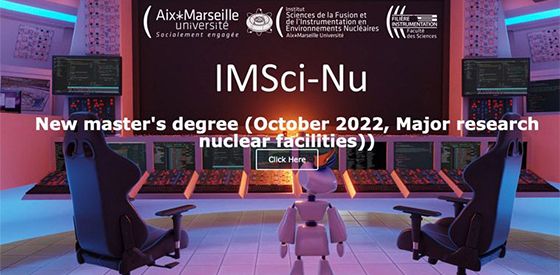
|
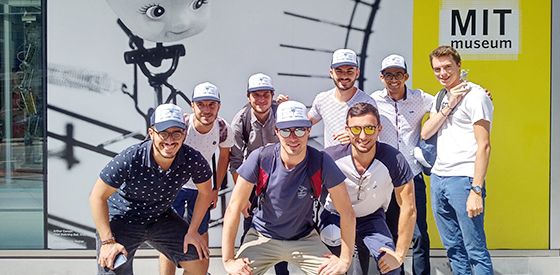
|
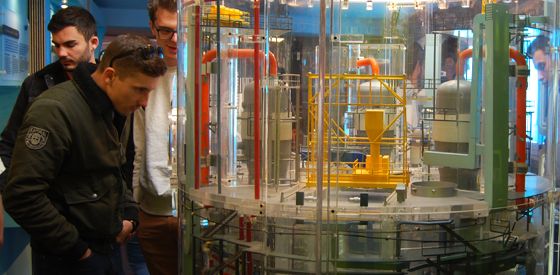
|
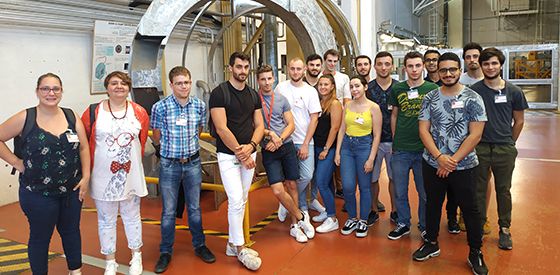
|
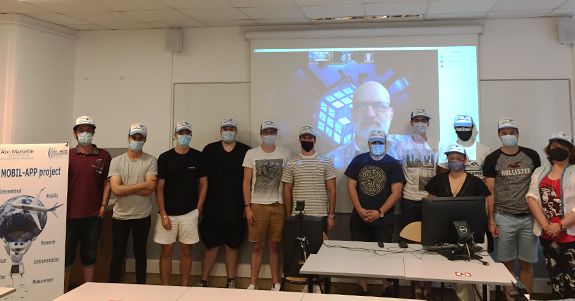
|
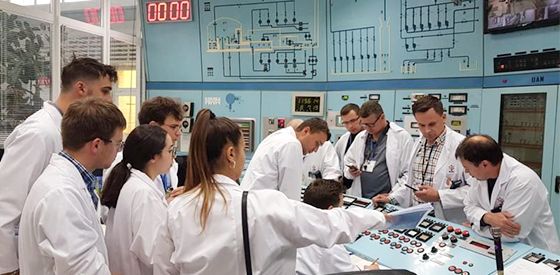
|
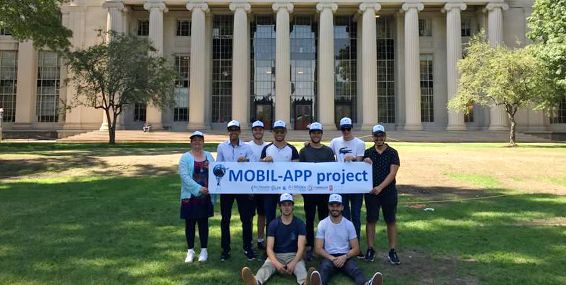
|
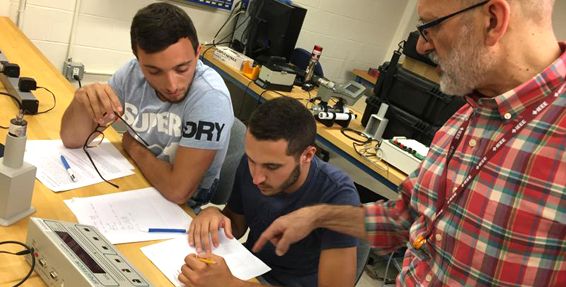
|
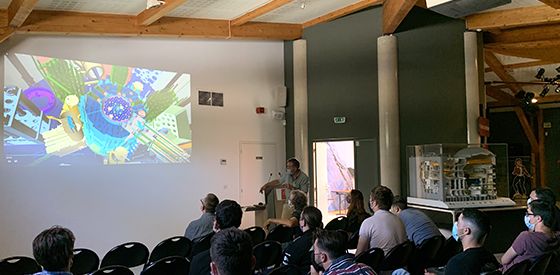
|
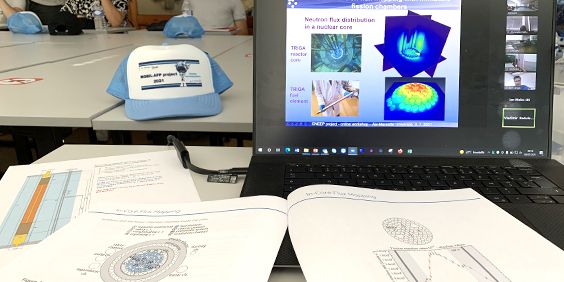
|
Prof. Christelle Reynard-Carette: Head of the IME and IMSci-Nu tracks
christelle.carette@univ-amu.fr


